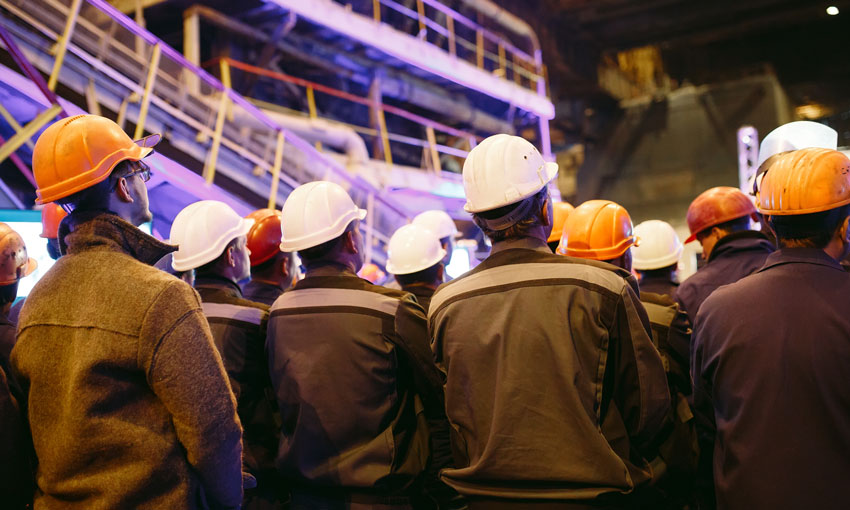WHARFIES are to take protected industrial action next week at the DPWA terminals at Fremantle, Melbourne, Brisbane and Sydney.
This follows a lack of progress between the company and the Maritime Union of Australia (part of the CFMMEU) to agree on terms of a new EBA.
The actions are:
- Fremantle, starting Saturday 18 July, stoppage of work for one hour, three times every day, at 01:30, 09:30 and 17:45 with all terminal operations stopped during these hours as well as work restrictions
- Melbourne – starting Tuesday 21 July, stoppage of work for two hours, three times every day, at 05:00, 13:00, and 21:00 with all terminal operations stopped during these hours, as well as work restrictions
- Brisbane, starting Tuesday 21 July, stoppage of work for one hour, three times every day, at 06:00, 14:00 and 22:00. During these one-hour stoppages, vessel operations and non-automated yard operations will be stopped, and there will be no road operation in the Old Yard. Landside receival and delivery operations to the automated modules will continue as normal. There also will be work restrictions.
- Sydney – commencing Saturday 18 July, work restrictions.
In a statement to customers, DPWA said their immediate priority was “to minimise service disruption caused by industrial action. We are reviewing interim operational arrangements at our terminals and will work closely with vessel operators to minimise the impact to vessel schedules where possible”.
“We remain committed to reaching a new enterprise agreement that delivers improved productivity, and we will keep you updated on our progression,” the DPWA statement read.
Comment has been sought from the union.
Industry sources said last time these types of stoppages occurred, (i.e. for an hour two or three times a day inside the terminal) they caused significant truck delays as slots were withdrawn for the affected time zones. Other sources noted the possible impact if wharfies weren’t accepting instructions to work in a higher grade position than normal, leading to key machinery going unmanned.

